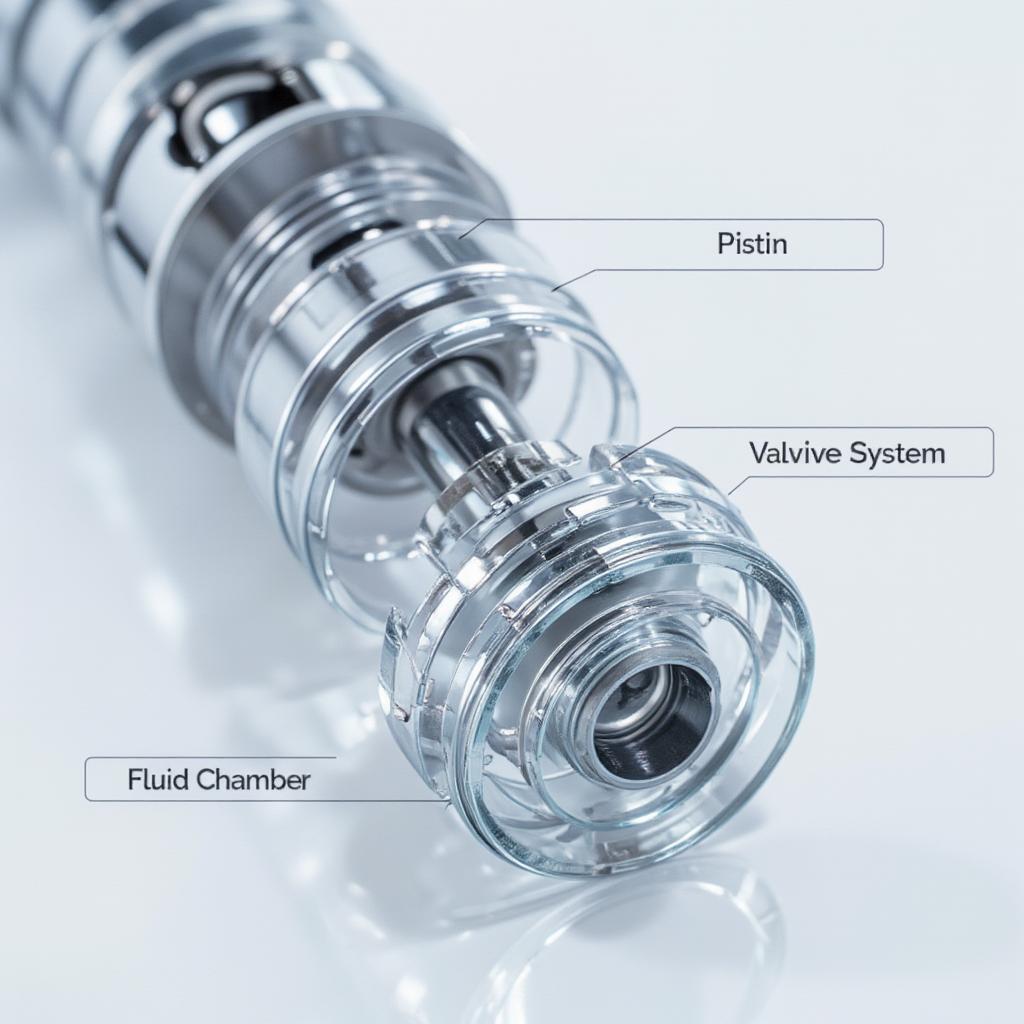Mastering the Future of Automotive Repair: Your Guide to Automotive Service Technology Programs

The automotive industry is rapidly evolving, driven by advancements in electric vehicles, autonomous driving, and sophisticated diagnostic systems. This transformation demands a new generation of skilled technicians proficient in Automotive Service Technology Programs. These programs equip aspiring mechanics with the knowledge and hands-on experience necessary to diagnose, repair, and maintain the increasingly complex vehicles of today and tomorrow.
Why Choose an Automotive Service Technology Program?
The modern vehicle is a marvel of engineering, incorporating intricate mechanical, electrical, and computer systems. Gone are the days of simple carburetors and mechanical distributors. Today’s cars rely on advanced electronic control units (ECUs), complex sensor networks, and sophisticated software to manage everything from engine performance to safety features. An automotive service technology program provides the foundational understanding of these systems, enabling graduates to troubleshoot and repair issues effectively. Moreover, the increasing complexity of vehicles translates into a growing demand for qualified technicians, making a career in automotive service a secure and rewarding option.
Curriculum Essentials: What to Expect in an Automotive Service Technology Program
A comprehensive automotive service technology program typically covers a wide range of topics, including:
- Engine Performance Diagnosis and Repair: Students learn to diagnose and repair issues related to fuel injection systems, ignition systems, emission control systems, and engine management systems.
- Electrical and Electronic Systems: This module delves into the intricacies of automotive wiring, lighting systems, starting and charging systems, and advanced driver-assistance systems (ADAS).
- Brake Systems: Students gain expertise in diagnosing and repairing hydraulic, anti-lock braking systems (ABS), and electronic stability control (ESC) systems.
- Suspension and Steering Systems: This area focuses on the principles of wheel alignment, suspension geometry, and steering system components. Welcome Shock Naue’s innovative approach to suspension and dampening systems is a testament to the continuous advancements in this field.
- Transmission and Drivetrain Systems: Students learn about different types of transmissions, differentials, and axles, including their operation, diagnosis, and repair.
- Heating, Ventilation, and Air Conditioning (HVAC) Systems: This module covers the principles of refrigeration, climate control systems, and the diagnosis and repair of HVAC components.
The Future of Automotive Service: Emerging Trends and Technologies
The automotive landscape is undergoing a profound transformation, and automotive service technology programs are adapting to keep pace. Here are some key trends shaping the future of the industry:
- Electric Vehicle (EV) Technology: With the rise of EVs, technicians need specialized training in high-voltage systems, battery management, and electric motor operation.
- Autonomous Driving Systems: As self-driving cars become more prevalent, technicians will need to understand the complex sensor systems, artificial intelligence algorithms, and control systems that govern their operation.
- Data Analytics and Diagnostics: Modern vehicles generate vast amounts of data, which can be used to predict potential failures and optimize maintenance schedules. Technicians need to be proficient in using diagnostic software and data analysis tools. If you’re interested in pursuing car diagnostic courses online, they can provide a solid foundation in this area.
- Connected Car Technology: Vehicles are becoming increasingly connected, allowing for remote diagnostics, over-the-air software updates, and predictive maintenance. Technicians need to be familiar with these technologies and their implications for vehicle service. For those seeking automotive diagnostic certification, understanding connected car technology is crucial.
Career Paths in Automotive Service Technology
Graduates of automotive service technology programs can pursue a variety of rewarding career paths, including:
- Automotive Technician: Diagnose and repair mechanical and electrical systems in vehicles.
- Service Advisor: Interact with customers, diagnose vehicle problems, and recommend repairs.
- Automotive Specialist: Focus on a specific area of expertise, such as engine performance, brakes, or transmissions. An online automotive bachelor degree can further enhance career prospects in specialized areas.
- Shop Foreman: Supervise a team of technicians and manage the workflow in a repair shop. Many successful shop foremen began their careers with car mechanic training courses near me.
For individuals interested in automotive engineering technology jobs, a strong foundation in automotive service technology is often a prerequisite.
Conclusion: Embrace the Future of Automotive Service
The automotive industry is undergoing a revolution, and with it comes a surge in demand for skilled technicians. Automotive service technology programs provide the necessary training to thrive in this dynamic environment. By embracing these programs, aspiring technicians can gain the knowledge and expertise to master the complex technologies shaping the future of automotive repair and embark on a rewarding and fulfilling career. If you are passionate about cars and technology, an automotive service technology program may be the perfect path for you.

FAQ: Your Questions about Automotive Service Technology Programs Answered
- What is the difference between an automotive technician and a mechanic? While the terms are often used interchangeably, “technician” generally refers to someone with more specialized training in modern vehicle technologies.
- How long does it take to complete an automotive service technology program? Program lengths vary, but typically range from six months to two years.
- What are the job prospects for automotive service technicians? The demand for qualified technicians is high and expected to grow in the coming years.
- What certifications are available for automotive service technicians? Several certifications, such as ASE (Automotive Service Excellence) certification, can enhance career prospects.
- Do I need a college degree to become an automotive service technician? While a degree is not always required, completing an automotive service technology program is highly recommended.
- What are the typical working conditions for automotive service technicians? Technicians often work in repair shops or dealerships, and the work can be physically demanding.
- How much do automotive service technicians earn? Salaries vary depending on experience, location, and certifications, but the median salary is competitive.
- What are the advancement opportunities in automotive service? Technicians can advance to roles such as shop foreman, service manager, or even open their own repair businesses.
- How can I find a reputable automotive service technology program? Research accredited programs and look for those with a strong emphasis on hands-on training and current technologies. Consider factors like location and whether an online automotive bachelor degree is an option for you. Don’t forget to explore local options for car mechanic training courses near me.




